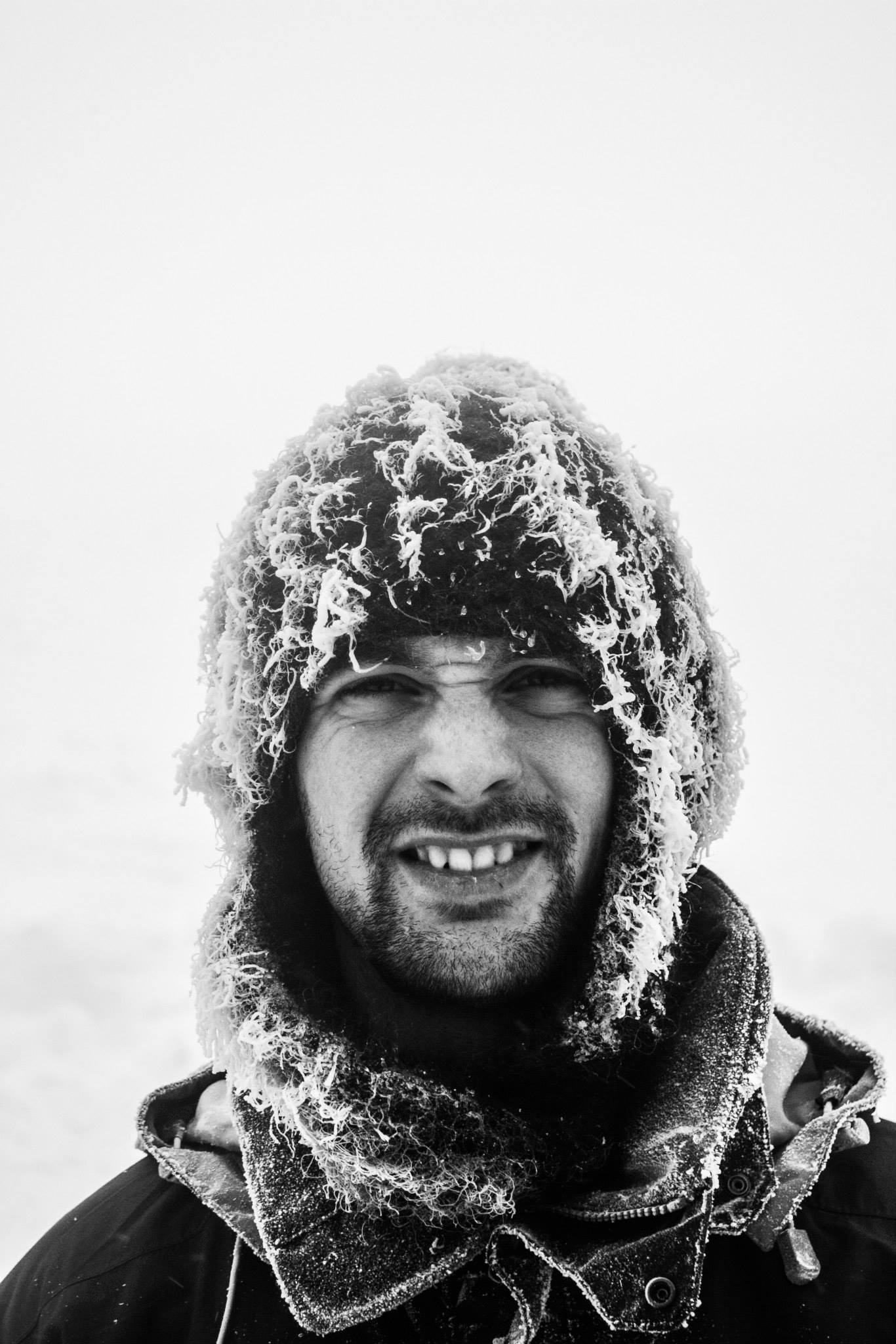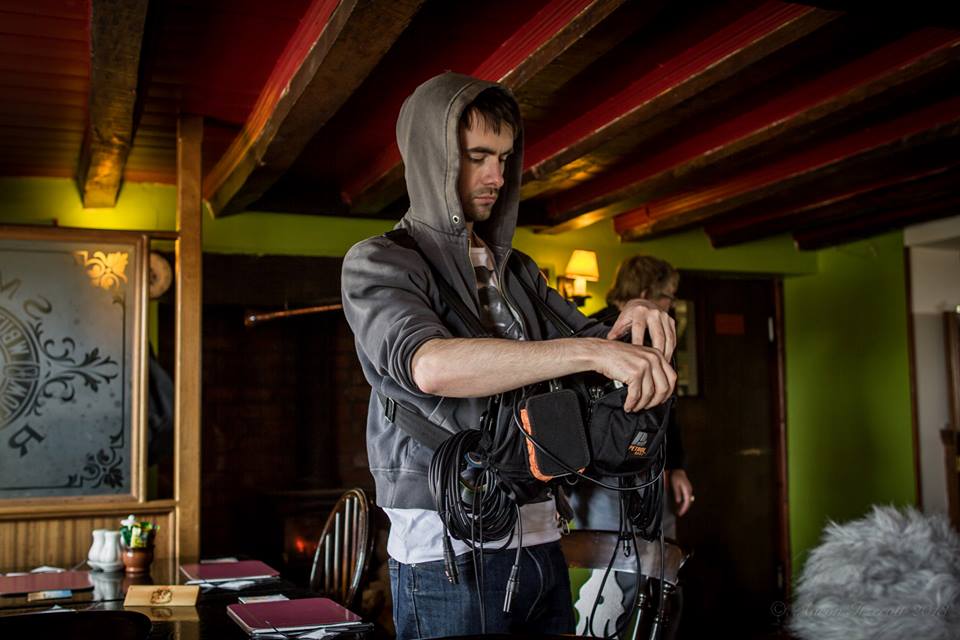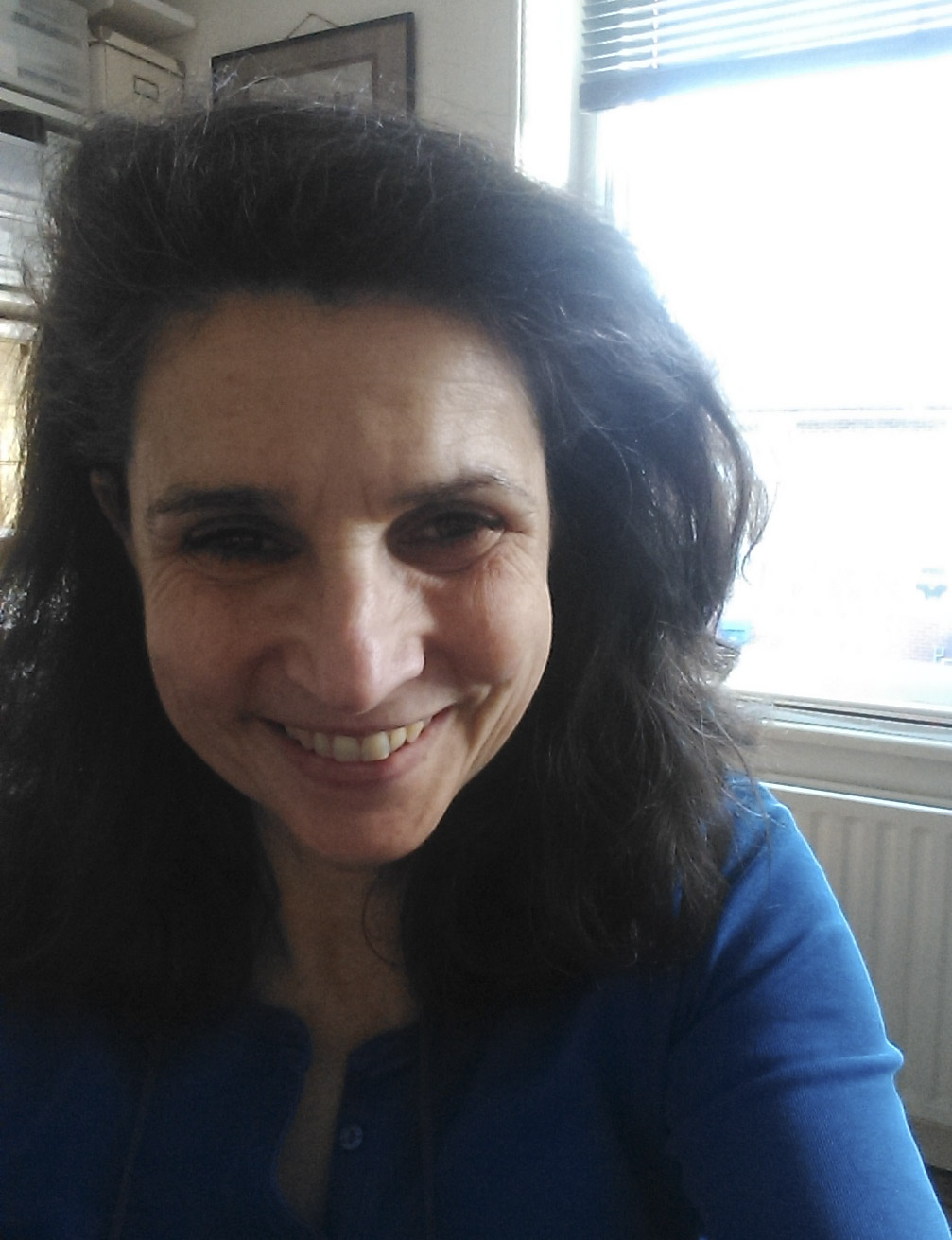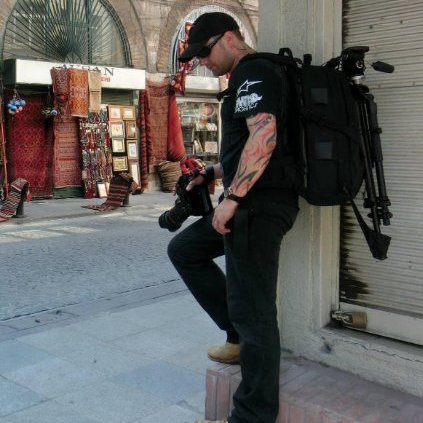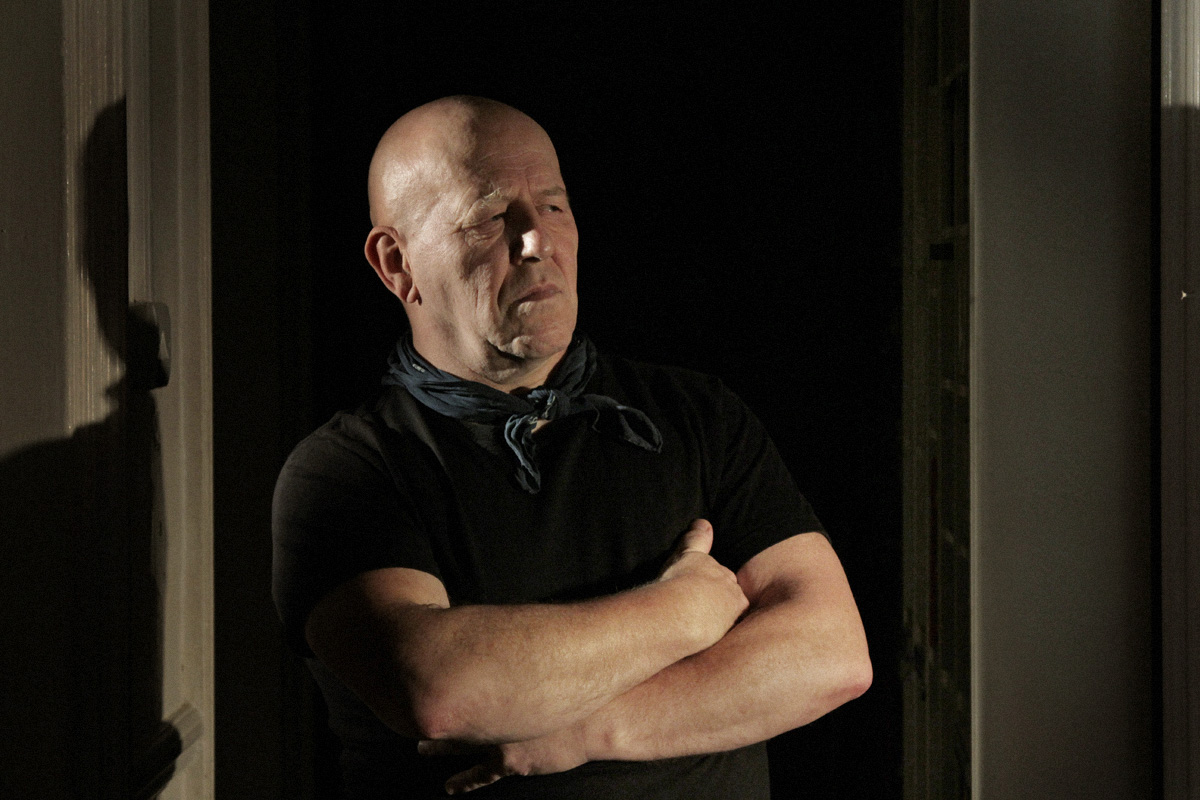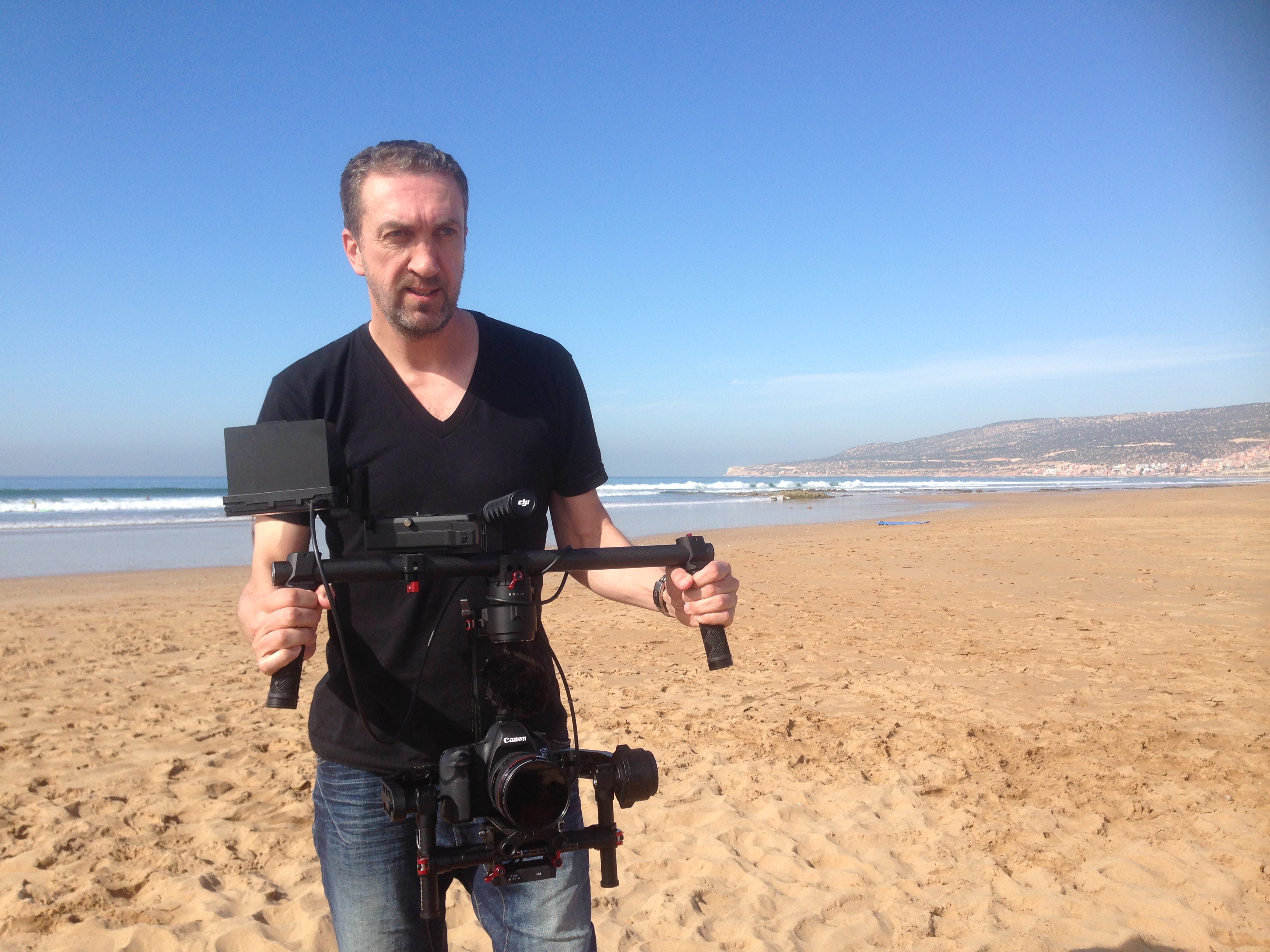ASK & DISCUSS
INDEXAnyone filmed in Morocco? Or any desert? I need advice on transporting equipment and whatever other challenges may be faced! Thanks chums!
10 years, 9 months ago - Michael Garrett
I'm in the early stages of producing a short sic-fi set in a dystopian desert future. We're planning the shoot to last for 2 weeks in Morocco in May, but really need advice on how best to transport equipment and get out into the desert for each shoot.
- Is it worth getting 4x4s? Is it possible to drive them in dunes?
- Is it worth considering camel transportation with a guide? Does anyone have experience of this?
- Does anyone have any contacts out there who could help?
Any advice is REALLY useful at this stage.
Thanks immeasurably,
Michael
Only members can post or respond to topics. LOGIN
Not a member of SP? JOIN or FIND OUT MORE
10 years, 9 months ago - Marlom Tander
Michel - re doing without a professional driver guide on the main shoot.
You're not on your own, taking the risks you choose. You're leading a team choosing the risks they'll take, and they are allowed to trust that you know what you're doing.
You'll be insured? For the policy to be valid you need to comply with Utmost Good Faith. This means that you need to think of all the things that the insurer might consider relevant, and tell them, whether or not they ask them on the form.
I strongly suggest talking to your insurers about their expectations re drivers experience, medical resources etc. If you really want to do the driving, they might well suggest doing a proper desert skills course while out on your recce, which would probably be cost effective given that you'll already be there. Get the bit of paper.
What could go invalidate your policy?
Any kind of vehicle accident or getting lost.
Getting bogged down in sand while trying to get a team member to hospital after an unrelated incident - scorpion sting perhaps. The delay changes the sting from a minor dressing and painkillers incident to an operating theatre one. Yes, anyone could have got bogged down, but the balance of probabilities test is not in your favour.
Good luck
10 years, 9 months ago - Joe Golby
It might be worth dropping an email to Dune Films (http://www.dunefilms.com) in Marrakech and seeing what they can help out with and for how much. I was part of a crew shooting for a week in Ouarzazate at Atlas Studios and Dune acted as our fixers for a lot of in country infrastructure.
10 years, 9 months ago - John Lubran
As it happens I have extensive experience of filming in North Africa, Morocco and across quite a bit of sub Saharan Africa too. You will certainly need to discuss your plan with the Embassy unless you plan a guerrilla production using light weight kit. Which really is quite doable. It’s easy for people to imagine that you’re making a big production movie, perhaps you are, with a big crew lots of mobile infrastructure, perhaps a couple of generator driven HMI lamps and a ton of cranes, dollies and grips? You’ll need an Airstream trailer, a catering truck, a field hospital and a team of keen young people carrying clip boards. OK perhaps your production is not one of those? Morocco is a member of the Carnet Convention; you’ll need an ATA Carnet listing every piece of equipment you bring in, in comprehensive detail. We do our own these days, saves a bit of money and hassle, but if you’ve not done it before you will need help. You state a £10,000 budget, if that’s all in then I imagine a semi guerrilla methodology would be appropriate. Getting a good location in a Moroccan desert setting need not include going too far from the beaten track. Smoke and mirrors! A locally sourced transport service with 4x4’s might be advisable if your team is not well tried and tested in driving in dunes. Dune driving requires fat tyres, lots of power and plenty of momentum; either that or sand ladders, but a lot of desert driving does not involve dunes and locals get about using some pretty prosaic two wheel drive town cars! It really does come down to the actual skills of the team. Heat, dust and sand are very real issues. Decent air conditioned vehicles are a mercy but beware the issue of condensation when moving camera kit between an air conditioned environment and the great outdoors; instant condensation triggers the auto dew control system shut down; it really can spoil your plans. One method is to vacuum pack, well as much as possible, the camera in a plastic bag, suck the air out and seal, before bringing it into the air conditioned environment; it usually prevents condensation from forming when you go outdoors. Big umbrellas and someone to hold it to shade the camera is a very good idea. Use white fabric backed camera tape, the half inch one, to seal every opening that the camera presents; it peels off easily and can be reused. Great effort should be deployed to ensure that the great out doors stays out of the camera, particularly with tape and film based formats. If there’s windblown dust, as there often is, protect the camera as much as possible with an environmental protection jacket or failing that have a good supply of plastic bags that can be tweaked and stretched to fit the camera with just the front of the lens exposed. Prick a pin hole at the front and back of the bag and gently stretch the holes to a tight fit over lens and view finder, if using such. If you need to open the camera, do it in a clean still air space, car or indoors, or in a big plastic bag. It’s all common sense really.
10 years, 9 months ago - Robert Justin Brown
Never filmed in a dessert but used to live in the middle east as a kid. If you plan on driving around on sand dunes remember to let some air out of your tires, not to much, but enough to make the surface area of each tire wider as it will decrease the chances of getting stuck. I can assure you though, you most likely will get stuck at least once, so always pair vehicles in a buddy system, make sure you've always got some decent chains or rope, wooded boards and a shovel, these will help you get out. Oh and obviously a ton of water.
10 years, 9 months ago - Michael Garrett
This is all SUCH USEFUL INFORMATION!
Paddy, I'll make sure we're fully Carneted - you've convinced me it's a necessity! I may well get back on here for some help filling them in...
John this is absolutely awesome advice. And you've hit the nail on the head with the geurilla methodology - perhaps I should have specified the scale of our operation before hand: We'll be a 5-strong crew and cast of just 2. One main camera and a backup, no lighting or special rigs (maybe a small crane).
I'm familiar with the issues of condensation, but from filming in -25 degrees! I've developed a crude vacuum-packing method similar to yours that seems to do the job. Great tips for avoiding dust - really useful stuff.
It sounds like hiring a driver at least for the first few days would be money well spent.
New World, I dabbled with the idea of Spain, but we really need somewhere with no life - no plants allowed! We really want to keep the CG to a minimum too so we want the film to be as true to the location as possible.
Susi, We're shooting on an FS700 which is "supposed" to operate at up to 40 degrees so I think as long as the cast and crew are functioning, so should the camera (provided we keep it shaded).
Thanks again team, really appreciated!
10 years, 9 months ago - John Lubran
I should add that it's only when the air temperature and humidity between the outdoors and an air conditioned place are very great that condensation issues are likely. Only use as much air con as prevents discomfort, helps general acclimatisation too.
The 40 degrees quoted for your camera probably doesn't include the additional heat build up in a camera exposed unshaded. The possibility of auto shut down will be very high. We usually have two cameras to hand to cover that. The auto shut down soon restores power once the camera is rested in the shade, mean time the second camera takes up the relay baton until it too over heats, but between them production is not interrupted. That big umbrella will make a huge difference though.
10 years, 9 months ago - Michael Garrett
Thanks again John, you're a saint!
I had a look through the online application for Carnets and it seems pretty do-able. I'll definitely refer to your advice when the time comes to get it sorted.
Janus - do you suggest going through the Moroccan Film Commission to find a fixer/guide? Do you have experience of a ballpark day rate they would charge? Do you have anyone you could recommend? My French is a little rusty, but I should be able to get by. I'll furiously learn all the technical terms before I get out there and faire une reconnaissance!
10 years, 9 months ago - Paddy Robinson-Griffin
What's your budget? This'll affect all your choices! There are studios around Ouarzazate who'll be able to specifically answer your questions and have the relevant kit to hire to you too.
Never filmed in Morocco, but other desert-rich countries and transport will be just one of your issues - you'll also have to consider shade and water and cooling as May will be unpleasantly hot and you will need frequent air con breaks for everyone. I strongly suggest you get a decent medic and safety advisor, our at the very least have an evacuation plan for of someone needs hospital rapidly. Nights, however, can get actually cold, so you'll need to plan for that too.
Other things to be aware of - kit will get ruined easily with fine sand, you may find it prudent to arrange security (poor country, expensive equipment), bear in mind local work permit restrictions in advance, consider in advance any imported kit and how to avoid paying duty on import twice (answer - carnet, but lots of organisation involved and not free) or arrange to rent everything locally. And if you do rent locally be prepared that some kit may be different (quality, frame rate, whatever) so do your research first - again with studios in Ouarzazate there are suppliers around, although you'll find speaking French or Arabic will go a long way with communication.
Hope some of this helps :)
10 years, 9 months ago - Michael Garrett
Great and swift response Paddy!
It's small budget - under 10K. Cooling is obviously going to be important - I'll have to put some serious thought into that.
We could probably fast-track the early stages and get out there for April to keep the heat down. I'm looking at setting up base right out in https://www.google.co.uk/maps/place/Zagora,+Morocco and I doubt we'll stray far out into the desert so hopefully medical help won't be too far away. A number of the team will be first aid trained and I'll have to make sure we've looked into the medical side of things.
I'm new to filming abroad - enlighten me on import duty - all of the kit belongs to the team; what charges might we have to pay and can you elaborate on this "carnet"?
Fortunately I've got some French under my belt and I'm planning a location scouting trip so that'll be a big eye-opener.
Thanks again
10 years, 9 months ago - John Lubran
A few hundred pounds! How many hundreds? Crikey costs have grown. There are a few types of Carnet, the one required here is an ATA Carnet. (Temporary export/import of professional equipment) Michael's list won't be huge I'm thinking. The official forms can be obtained for nothing from the London Chamber of Trade and other places, even available by download I think. Once all of the forms have been correctly completed there is a moderate fee payable to the London Chamber of Trade who verify the documents and guarantee a bond IF THE FORMS ARE RETURNED PROPERLY STAMPED AT EVERY BORDER CROSSED. The Carnet is a list of every bit of equipment that will be temporarily imported (don't forget to have duplicate lists for any country, other than EU that you may wish to transit only) There are specific forms that the duplicate list are attached to depending on the border. Every bit of kit should be identified by any manufactures number, the original country of manufacture whether UK taxes have been paid, its weight and the value. Any cases, boxes etc in which those items are transported should be listed as such with the contents detailed. Any unrecorded media should be described as recorded media. There will be a list and declaration for every passage through a customs border one for leaving UK, one for entering Morocco, one for leaving Morocco and one for returning to UK. Make sure and certain that you have a stamped copy of every border transaction. miss one out and it could cost you a lot of money. It's not that difficult to organise.
10 years, 9 months ago - Paddy Robinson-Griffin
10 years, 9 months ago - New World
Have you considered doing this in south of spain?
You can have the required locations and the benefits of working in Spain
If you need further information please contact info@marbellafilmfestival.com
10 years, 9 months ago - Susi Arnott
Not why I bought it, but CanonXF200 has a fan.
Been there with cameras shutting down in heat. White pillow case to pop over it when faffing around can reduce dust and heating
10 years, 9 months ago - Michael Garrett
Haha! Thanks for your reply Marlom,
I've a little 4x4 experience on a shoot in Bulgaria but in snow - I'd imagine that's a different kettle of proverbial fish. If we can get out on "roads" to Zagora I figured we'd potentially be able to hire some camels with a guide or two for the kit transport.
Hmm... Dust... I'm guessing it's gonna be more of a problem than I expected. all-weather cases for the cameras and sound gear will be a must I suppose. Lens changing will be a nightmare!
10 years, 9 months ago - Paddy Robinson-Griffin
Duty/borders/carnet/import/etc - it doesn't really matter what some random geezer on a forum says, what matters is when you're face-to-face with a customs inspector in a foreign land with a heap of film equipment and his assessment of the situation. Worst case, you pay duty/taxes on the import and then again when you try to import into the UK - carnet itemises your stuff with a bond guaranteeing the tax you'll pay if the exact same kit list doesn't also leave the country.
You're going to drive past the film studios on the way to your planned location I think, Ouarzazate is only 60 miles or so! They have some impressive standing sets.
Really consider climate - I've been working in Abu Dhabi where equipment would shut itself down to protect itself from overheating. The hotter the ambient, the more likely the shut down. This affects camera sensors quite significantly - some Sony DSLR's are advertised at shooting for 9 mins at 21 Celcius before entering a protective mode and needing to cool down (cameras don't have fans in them like laptops do!). I would not personally rely on a first aid course - if you need medical attention through heatstroke, dehydration etc you'll probably need a drip pronto, and probably won't want to stop the whole unit from filming. A local paramedic probably won't be expensive, but ask your local fixer to arrange someone who understands local conditions, and know where the nearest quality (likely private) hospital is. And make sure you have insurance to cover it! :-) You should be able to buy rehydration salt sachets cheaply out there (have them made available to all staff at all times) but also be aware it is also harmful to take too many! (This is where a safety consultant is helpful)
It should be a great shoot, but it's going to be a bigger deal than shooting in the UK where you know how things go!
10 years, 9 months ago - Justin Temple
If you need help with a carnet, I suggest you contact Mapcargo/Samfreight. They will helpfully talk you through the process and organise the actual carnet for you for a few hundred pounds. The number I have for them is 01753 763737. Contact there is Andrew Holland.
10 years, 9 months ago - L. Sabia-Byrne
I was doing a lot of desert shooting when I was living and working in the Middle East.
Main salient points are/were keep your lenses sealed away unless going from air conditioned cars to the outside in whcih case they will need to acclimatise to get rid of the fogging.
If you have camera that need parts exchanged and changed like film cartridges always do it in a sealed environment to stop dust and crap getting into the inner workings.
Most cameras are environment proofed so they will usually stand up for a day in the dust BUT will need thorough cleaning every day.
dont smother the cameras with blankets and stuff because although it may protect them in the desert it traps a hell of a lot of moisture which causes fogging and can lead to the LCD displays becoming non responsive. I made that mistake on a Turtle Tagging project in Qatar. I had to shoot for two days with no LCD's. Bummer!
IF the wind is up you can always strap a loose white sheet all around the camera except over the lens glass. This allows are to travel freely, keeping the camera cool and protects from the worst.
In the midday sun, if you want to shoot midday, try to pack some cool packs with you that you can strap to the sides of the camera to cool down the air.
Thats the main stuff that I used to do.,. Hope it helps
10 years, 9 months ago - Marlom Tander
Sand driving - as different from snow as, er sand :-) Actually like most terrain, it's knowing how to read it, and, if possible being familiar with it. Everyone falls through a snow crust, everyone gets stuck in soft sand, but the experienced driver has it happen less often. And on this trip you need to spend money on the things that will help you not waste time. So a driver is a good investment.
You prob don't need the camels - good 4x4's good hands can get you most places. Dr Who got a double decker bus into the dunes - https://www.youtube.com/watch?v=vr_saHksyKU
The import duty is because you are importing goods, so you need to pay it. After all, otherwise you might sell them without paying the tax... It has been known :-)
Carnets allow you to NOT pay the import duty because on your way out of the country you'll show that you are taking the stuff away again, didn't sell it, didn't rip of the tax man.
Don't get robbed. Getting robbed leads to conversations along the lines of "I'm sure you were Sir, but some people, well they CLAIM to have been robbed when in fact they SOLD the stuff. And usually they also make an insurance claim, so, we'll have to charge you the duty to let you leave the country. Cash will do..."
Carnet - http://www.londonchamber.co.uk/lcc_public/article.asp?aid=100
You need to have some good chats with the Moroccan embassy and the Morocco desk at the FO. Anything vaguely important, ask for it in writing.
Have fun
10 years, 9 months ago - Lucas Jedrzejak
Hi Michael,
I filmed last year in Morocco's Atlas mountains and the desert. I have fantastic contacts for English expats doing exactly that! Its a great team of English and local berber guys who would help providing accommodation, 4x4 transport and camels if you want. Sticking with them you'd never be stopped by officials or pay the "add on touristy price" Also, they are extremely nice, patient and enormously helpful and I promise they won't charge much at all. We've been picked up from Marrakech airport and went directly to beautiful location in the mountain where the tagine chicken was sizzling and French wine was chilling before our arrival. Technical notes: Its good to get rain cover for cameras if you shoot in the desert as the sand brought by wind (often not visible) could be really damaging to any lens. I was there in June and was really surprised how fast the sunset was coming. They run considerably cheap hot air balloon trips in Sahara so you may consider nice smooth shots from above. Morocco is a place where you can always get good deals in exchange for some exposure in Europe. FYI Richard Branson has a travel company there and his mother still lives there. Perhaps may be worth it for hooking up for additional exposure and Virgin umbrella product placement in the movie. DM for all details! Good luck with the shoot and remember to always have vehicle stocked full with water bottles!!
10 years, 9 months ago - Fleur Disney
I drove from Casablanca to Mhamid in April in a Skoda. It obviously depends how deep into the desert you need to go but I think you'll be able to set up enough shots not far from the road itself. The first dunes I remember seeing were around about a hotel called Sahara Sky which is just off the N9 if I remember correctly. No camels required bit do carry plenty of water. It is possible (not on the N9) to drive for 6 hours and see no-one. Don't drink from a trickle out a rock like I had to. Enjoy!
10 years, 9 months ago - Marlom Tander
1|) Your question implies that you have no 4x4 driving experience and no desert driving experience. You also make no mention of having a mechanic around.
If that is the case then unsupervised Sahara dunes in summer is NOT the place to start. You'll get damn all filming done, lots of digging vehicles out of sand, and possibly die if you are really off the beaten track and break down. And a weekend 4x4 training in the UK won't help as mudplugging is rather different to sand driving.
You really need a local company that will provide the right vehicles, with drivers, so that you can concentrate on filming.
2) Most sane people do their desert travel in winter. Are you sure you'll get any work done in summer heat?
3) Sand and dust. Very fine dust. Dust finer and more insidious than you can believe. Be ready to deal with it.
Good luck :-)
10 years, 9 months ago - cath le couteur
Nice one Robert! Air-out-of tires as general sand dunes fix is uber helpful. thanks.
10 years, 9 months ago - Azeem Khan
My wife is Moroccan and we regularly visit Morocco as a family. I have only filmed and photographed there on an amateur basis, but what I have seen is that it is largely conservative Muslim country and one has to be careful to some extent about filming in public.
For instance, women and to some extent men in Morocco are wary about being filmed, or being in the presence of a film crew nearby. Crowds tend to gather the moment a camera crew start to shoot, it's a good idea to interact in a pleasant and jovial manner to unwanted attention. Best to film in the company of a friendly Moroccan fixer/guide who can pave the way for you.
It's probably wise to find a fixer/guide who speaks Arabic and French, the two main languages. English comes a poor third in the language stakes, so you may have problems communicating effectively without a guide.
The town of Ouarzazate in south Morocco has a big film studio, Kingdom of Heaven by Ridley Scott among other films, were shot there. You will need a filming permit from the Moroccan authorities before you do anything. This varies in price according to if it's a short or feature film, or TV production.
10 years, 9 months ago - janus avivson
I did some filming there, the country is amazingly beautiful, all of it, but most of people are quite poor. The Moroccan Film Commission in Rabat can be very helpful. You definitely need a local fixer who may double as a guide - but hire someone with references. Many Hollywood productions are made there so they are not amateurs. How is your French? Good luck !!!
10 years, 9 months ago - Kevin Boyd
Just got back from filming a surfing and yoga retreat in Morocco using a DJI Ronin gimbal.
When coming back through the airport the security people were most concerned about my Ronin and it was hard to explain what it was! So luckily I had a few production shots of me using it and when I showed them that they were happy to let it go, so do get some shots of you using any unusual looking gear!
10 years, 9 months ago - John Lubran
Holidays are very popular in Morocco. Guerrilla film making is quite anarchic by definition; however a clever anarchist never throws the baby out with the bath water. With a modicum of out of the box thinking, and mutual awareness among friends, one can have ones cake and eat it, and be insured. As ever, cap doffers need not apply!
10 years, 9 months ago - Michael Garrett
A further question relating to import duty:
Is there a threshold value of the equipment under which we don't have to pay? What is it that differentiates the paying import-duty-paying filmmaker from the expensive-camera-weilding-hobbyist?
10 years, 9 months ago - Michael Garrett
All great stuff, thanks for the DM, Lucas.
Andrew, that's great info. I've got a few contacts now who are probably more our kind of budget, so we'll probably be avoiding the big studios, but I'll get in touch with Atlas and Dune just to test the water.
It's really good to know that there will be decent locations not far from the road. I'll be doing some location scouting with a driver/guide and hopefully will garner enough info and 4x4 skills in that trip to keep the costs as low as possible.
Once again, thanks SP chums!
10 years, 9 months ago - John Lubran
That Ronin looks like a really great bit of kit. even a game changer.
10 years, 9 months ago - Andrew Rowe
I've shot in Morocco, and indeed lived there for a year. I doubt that film organisations in Morocco will be used to dealing with no-budget films, and will try to fit your short into a bureaucratic framework designed for industry-scale productions (where 'low budget' means a few million dollars). Meanwhile, locals will treat any indie scrimping with a degree of understandable hostility, given that you are clearly 'rich' by Moroccan standards (i.e. you have flown to Morocco, hired a 4x4, have a lot of expensive looking equipment).
Regarding language, anyone involved with film in any respect is likely to speak adequate English. Most people involved with tourism in any way (e.g. in Zagora) will be able to get by in English, and you shouldn't have a problem finding a driver or guide you can communicate with.
The desert in Morocco is mined in places, especially Western Sahara and along the borders with Algeria - I doubt you'll go anywhere near either, but don't be tempted to find 'somewhere a little more remote'! As someone else mentioned, you can shoot a convincingly empty desert landscape from within 20m of your hotel (e.g. in Merzouga) if you point the camera in the opposite direction - although in any of the tourist areas, there's the risk of noisy and intrusive dune buggies and, of course, music.

